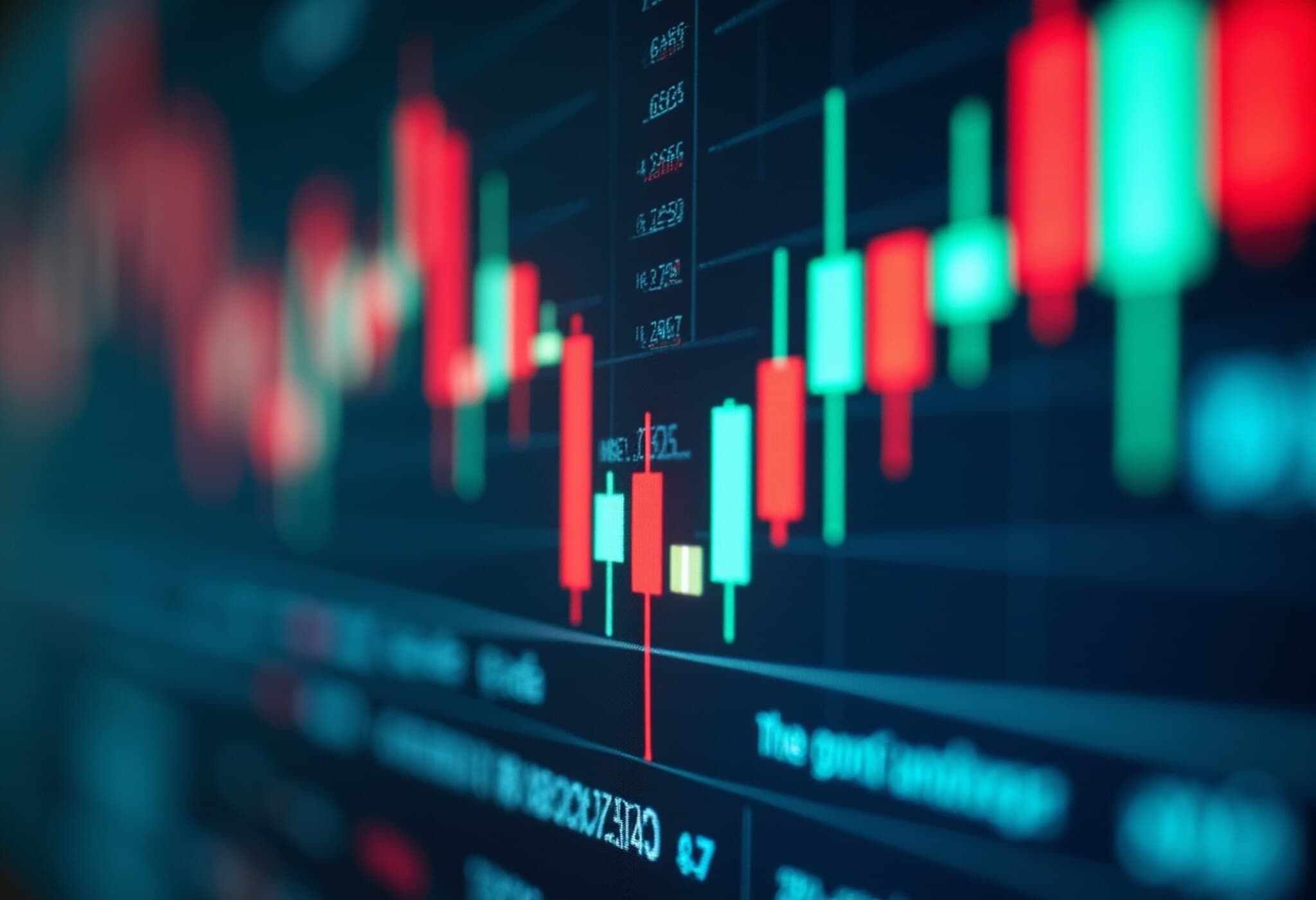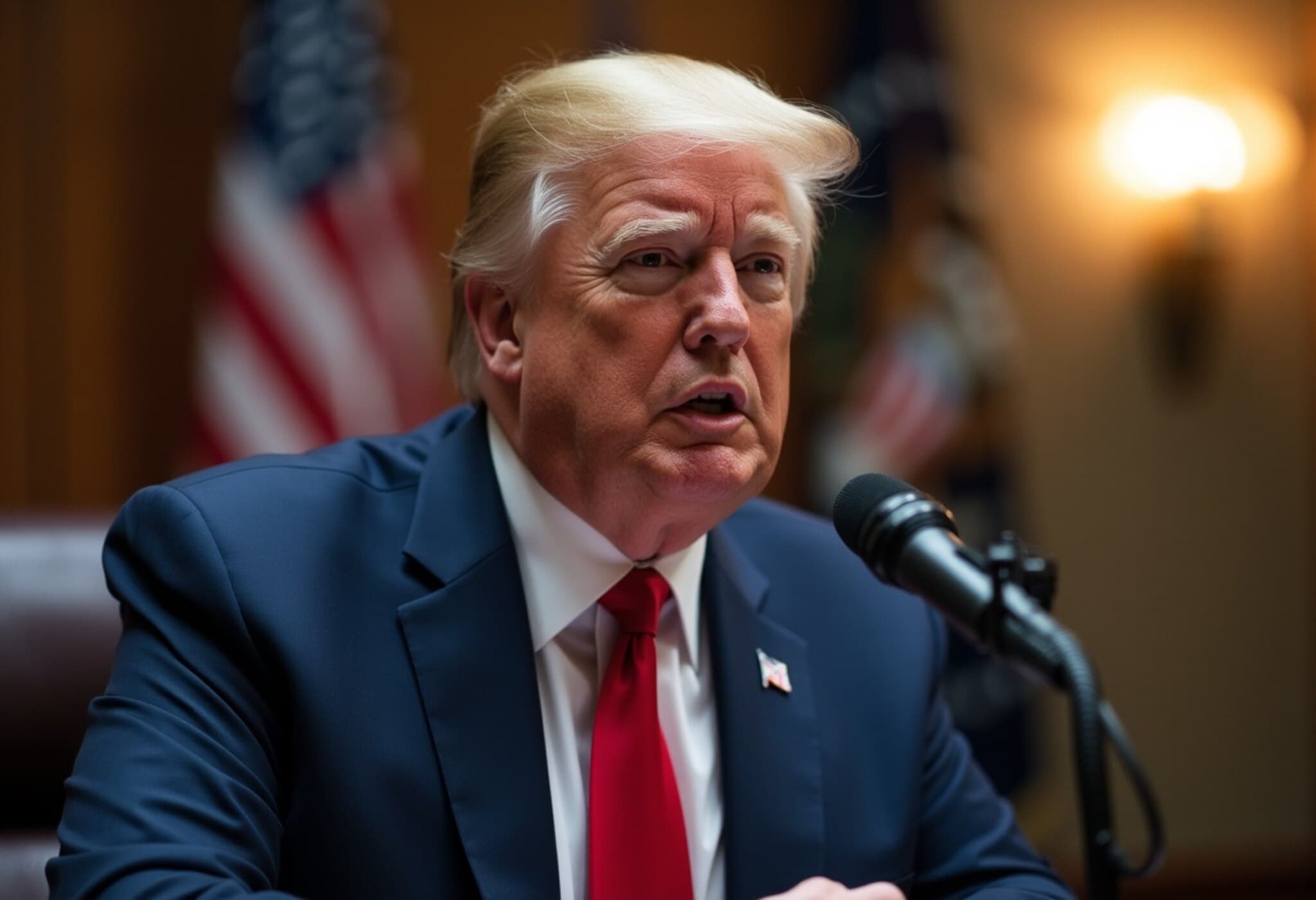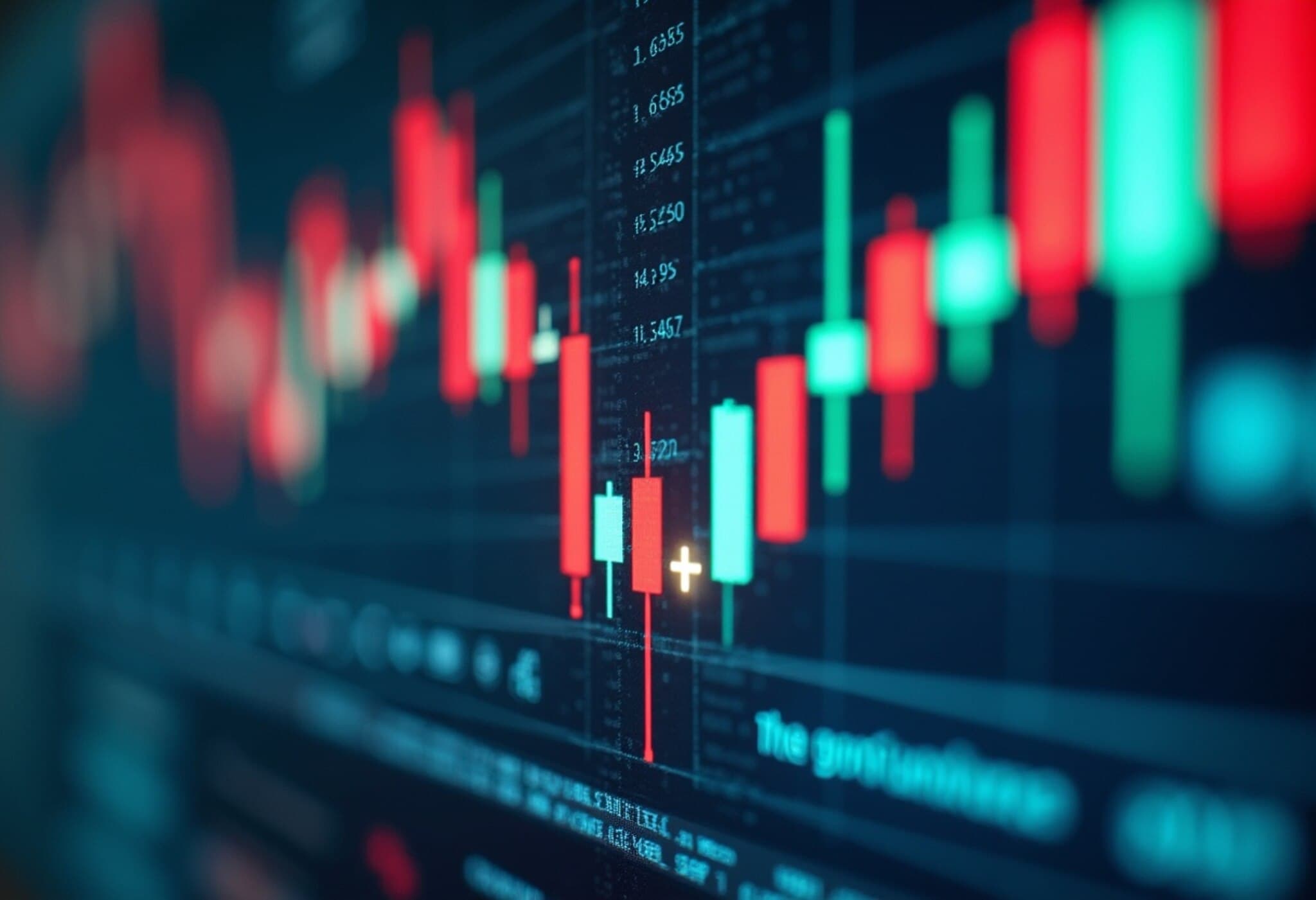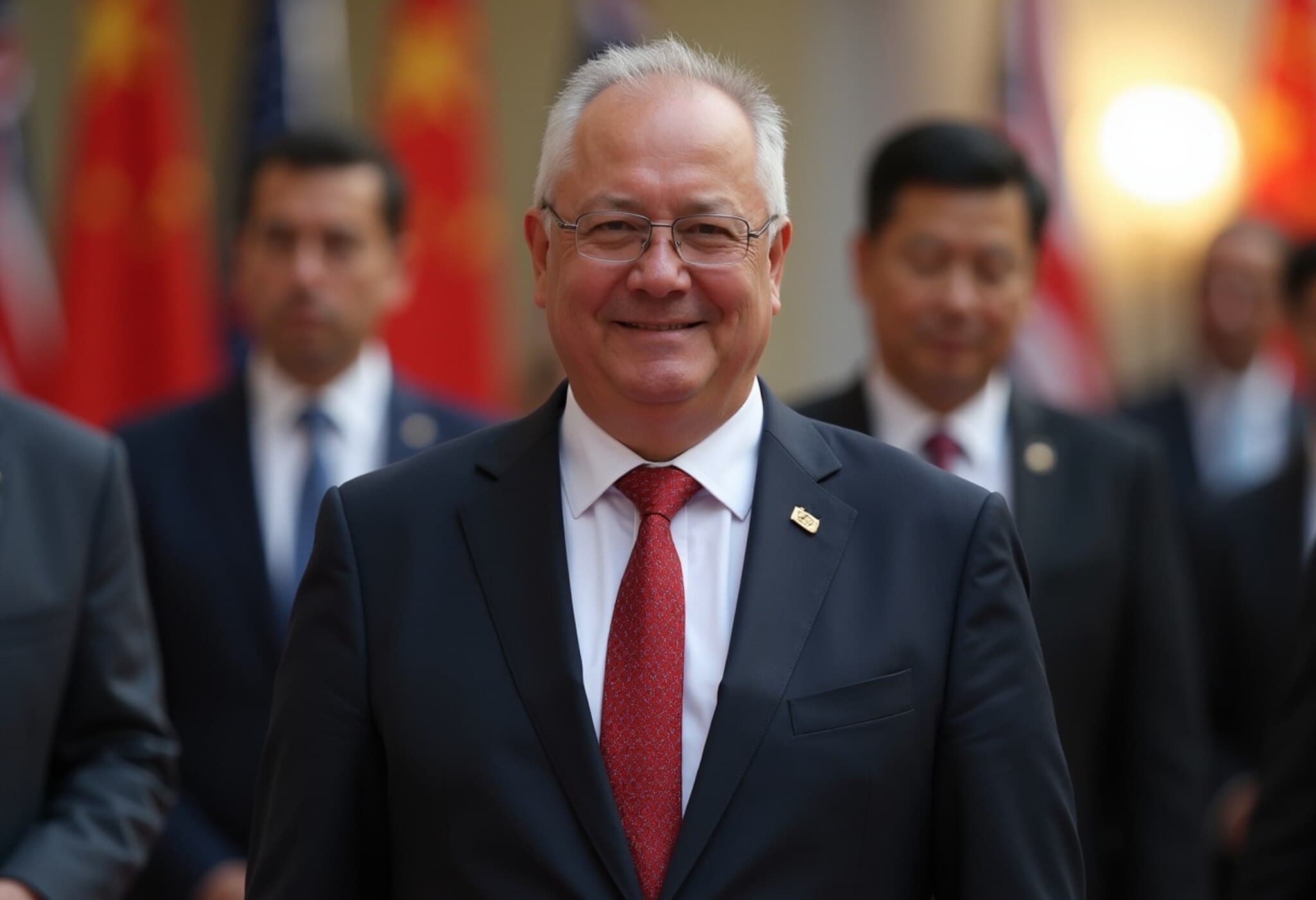Trade Tensions Shadow the Start of Earnings Season
As summer heats up, so does the financial calendar. Quarterly earnings season officially kicks off this Tuesday, spotlighting America's banking giants and shifting the market’s focus squarely back to Wall Street. For investors and analysts alike, this period spells both anticipation and cautious scrutiny amid an unpredictable economic backdrop.
The rollercoaster run of record highs in U.S. and European equity markets contrasts with underlying headwinds, particularly the growing strain from trade disputes. Goldman Sachs economists forecast U.S. corporate earnings growth slowing considerably — estimating a deceleration to 4% this quarter versus 12% in the first quarter. They point to tariff-driven cost pressures that companies haven’t fully passed through to consumers, resulting in price increases that remain restrained and margins squeezed.
Banking Sector and European Outlook
With heavy-hitters like JPMorgan Chase, Bank of America, and Citigroup scheduled to report within a tight two-day window, the banking sector will set the tone for broader market sentiment. However, there is a glimmer of optimism across the Atlantic. European banks recently posted robust gains fueled by strong investment banking activity and buoyant stock rallies on merger and acquisition speculation. This uptick suggests some resilience and potential opportunities for cross-Atlantic boost.
The G20 Summit: A Complex Backdrop in South Africa
Meanwhile, the international spotlight is turning southward as the G20 finance ministers and central bank governors convene in Durban, South Africa. The timing is significant not just geopolitically but symbolically. As a native of Cape Town, the prospect of global leaders gathering under the Southern Hemisphere sun is noteworthy — yet the atmosphere is anything but sunny.
The diplomatic chill lingers from a contentious White House meeting in May between South African President Cyril Ramaphosa and then-U.S. President Donald Trump. The session, marked by Trump’s unfounded and inflammatory remarks insinuating a “white genocide” in South Africa, aggravated bilateral tensions. This episode has added layers of diplomatic strain heading into the summit.
Notably, U.S. Treasury Secretary Scott Bessent is choosing to skip the Durban meetings in favor of official commitments in Japan, signaling potential diplomatic friction. Further complicating matters, South Africa recently became the sole sub-Saharan African country singled out under new U.S. trade restrictions, a move that could dampen collaborative economic dialogue during the summit.
What Lies Ahead for the G20 Leaders’ Summit?
The leaders’ summit, scheduled for November 22-23 in Gauteng, remains shrouded in uncertainty concerning Trump’s attendance. The earlier failure to warm relations—exemplified by South Africa’s famed golfers’ unsuccessful White House visit—suggests challenges ahead. Yet, one can’t discount the potential softening effect of South Africa’s world-class golf courses and the allure of a Southern Hemisphere summer on geopolitical dispositions.
Expert Insights: Why This Matters
- Market watchers should brace for earnings data that reflect growing cost pressures amid tariff disputes, challenging the optimistic narratives surrounding recent market highs.
- South Africa’s role on the global stage is under scrutiny as it navigates strained US relations while hosting a critical G20 summit, spotlighting broader geopolitical shifts in trade and diplomacy.
- Leadership attendance and diplomatic tone at G20 will be key indicators of the US's strategic posture toward Africa and emerging markets in the months ahead.
Editor’s Note
As markets recalibrate amid growing geopolitical complexity, it’s essential to watch beyond the numbers. Corporate earnings won’t just represent financial health — they’re barometers for how trade policies and international relations tangibly affect businesses and economies. South Africa’s hosting of the G20 offers a potent reminder that global economic shifts intertwine with delicate diplomacy. Will economic pragmatism prevail over political discord? The coming months may well define new contours for international cooperation and market trajectories.



















